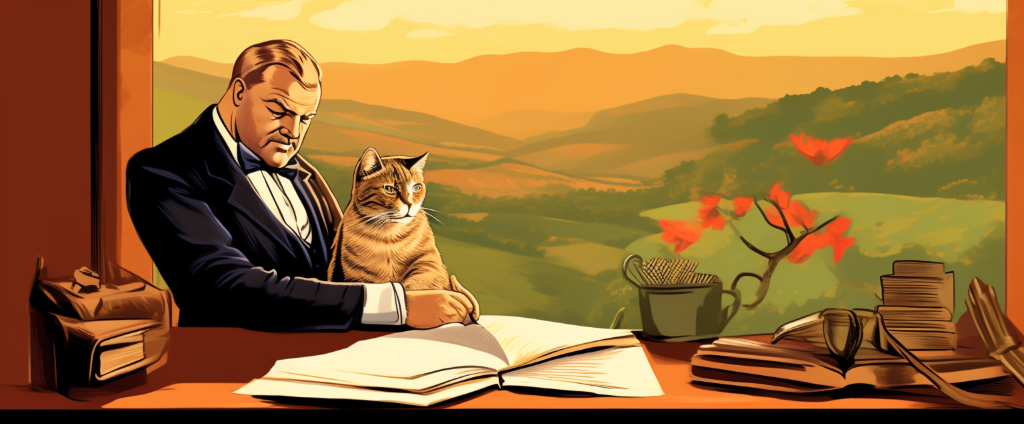Embracing Age: Brooke Shields' Memoir Challenges Societal Expectations Around Aging Women
- OLT-1
- Health and wellness
- January 10, 2025
Boring to read? Listen:

As I delved into Brooke Shields’ latest memoir, “Brooke Shields Is Not Allowed To Get Old: Thoughts On Aging As A Woman”, I couldn’t help but feel a sense of frustration and anger on her behalf. The enraging experience she shares in the book is a stark reminder that women still face significant challenges as they age.
Shields’ story begins with her realization that, despite being 56 years old, society expects her to remain youthful and vibrant - forever frozen in time like a perpetual teenager. She recounts how people often comment on her appearance, asking if she’s had work done or implying that she’s somehow “let herself go”. It’s as if they’re trying to remind her of the societal norms surrounding aging women.
But Shields isn’t having it. In her memoir, she takes aim at these ageist attitudes and stereotypes head-on. She shares personal anecdotes about feeling like an outsider in a world where youth is often equated with beauty and vitality. It’s clear that she’s had enough of being told how to look or behave based on her age.
One particular experience stood out to me - when Shields was asked by a journalist if she’d ever considered getting Botox or fillers to maintain her youthful appearance. Her response? “I’m not going to lie, it does get frustrating… but I’ve learned that my worth isn’t tied to how many wrinkles I have.” This kind of resilience and self-acceptance is exactly what we need more of in our society.
Shields’ memoir serves as a powerful reminder that women’s experiences are often shaped by societal expectations around aging. It’s time for us to reframe the way we think about growing older - not just for ourselves, but also for future generations. By embracing and celebrating the beauty of age, we can create a more inclusive and accepting world.
In conclusion, Brooke Shields’ memoir is an important wake-up call that challenges our assumptions around aging women. It’s time to rethink how we treat people based on their age - rather than trying to fit them into narrow societal norms.


